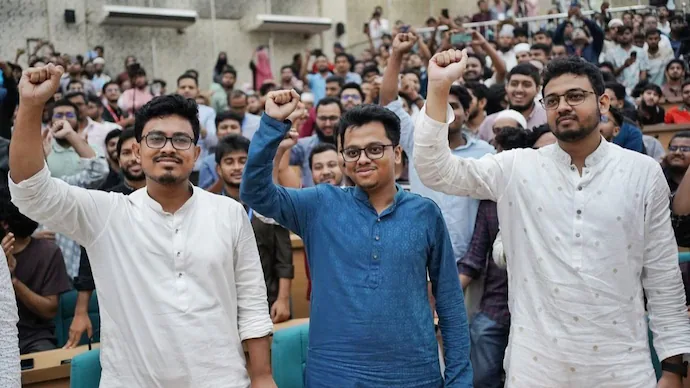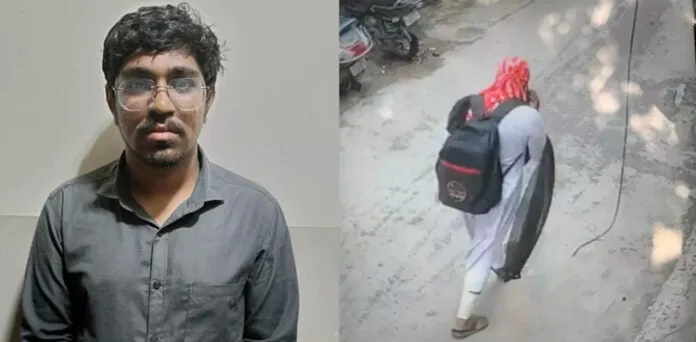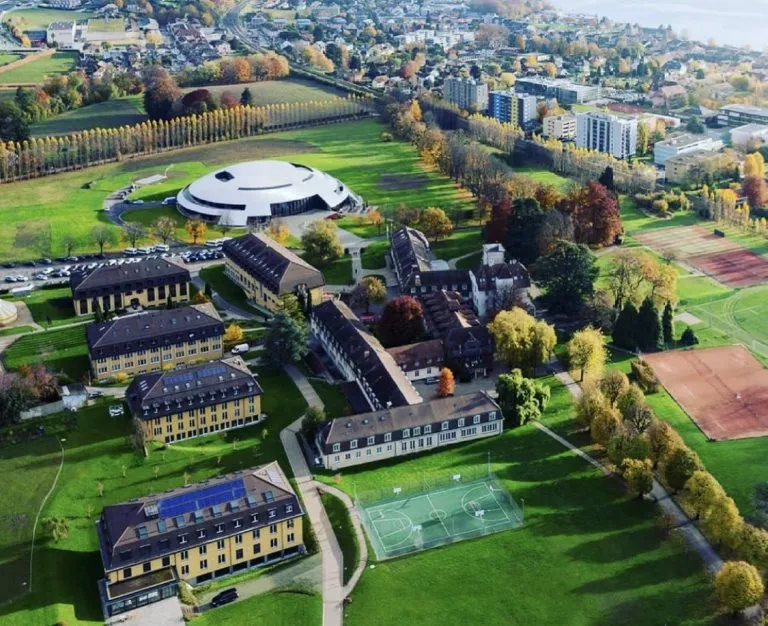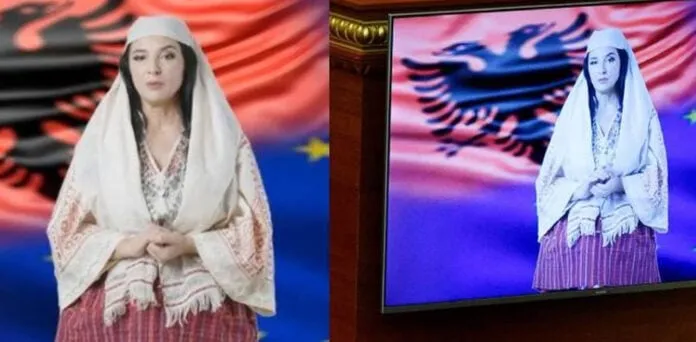Islamic Student Group Wins Historic Victory at Dhaka University Election 2025
Bangladesh Islami Chhatra Shibir achieved a landslide victory at Dhaka University, securing 23 of 28 posts in the union election. This victory marks a dramatic shift in student politics at Bangladesh’s most prestigious educational institution. The results carry significant political implications beyond campus boundaries.
Election Details and Voter Participation
The election showcased strong democratic participation among students:
- More than 78% of students voted in the eight-hour ballot
- DUCSU has an elected body of 28 students, including Vice-President, General Secretary, and Additional General Secretary
- 471 candidates contested, including 62 women
- University authorities described the election as “largely fair”
Key Winners and Leadership Positions
The Islamic student organization dominated major leadership roles:
- Shadik Kayem of Shibir won as vice-president
- SM Farhad Hossain won general secretary with 10,794 votes
- Mohiuddin Khan of Shibir became assistant general secretary with 11,772 votes
- Students celebrated victory with prayers of gratitude on campus
Political Significance Beyond Campus
This election result carries broader implications for Bangladesh’s political future:
- Dhaka University has long been seen as a cradle of Bangladesh’s politics
- Victory comes after Sheikh Hasina’s government fell in 2024 revolution
- Results indicate changing political preferences among youth population
- Election serves as preview for February 2026 general elections
Historical Context and Background
The victory holds deep historical significance for the organization:
- Chhatra Shibir faced decades of political persecution after 1971
- Many leaders and workers spent years in prison or faced execution
- Organization remained banned and marginalized for over five decades
- Recent political changes allowed group to participate in democratic process
Impact on Future Political Landscape
This development suggests major changes in Bangladesh’s political dynamics:
- Youth demographic comprises over 60% of South Asian population
- Gen Z voters becoming decisive factor in regional politics
- Similar youth-driven political changes seen in Sri Lanka and Nepal
- Pakistan also experienced youth-led political transformation recently
Challenges and Opposition Ahead
The victory faces potential resistance from established forces:
- India and international powers concerned about Islamic group’s rise
- Opposition parties likely to challenge growing influence
- Need to prove governance capabilities beyond student politics
- Must address economic and social issues affecting young voters







